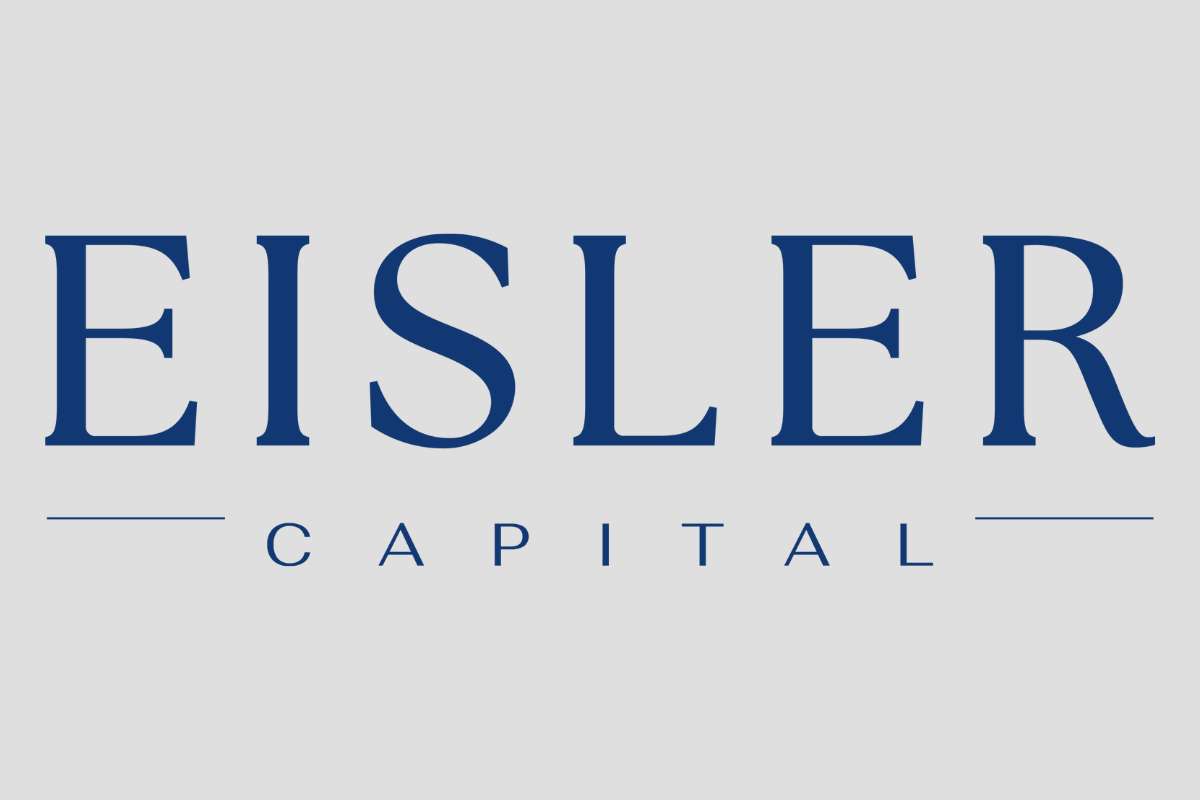Key Points:
- Legal Pressure: Eisler Capital faces internal disputes and regulatory scrutiny.
- Financial Strain: Poor performance and investor exits hit stability.
- Sector Impact: Highlights growing volatility in hedge funds.
Eisler Capital Dear is under scrutiny as the London-based hedge fund, managing around $4 billion in assets, faces multiple legal challenges related to its bonus policies. Allegations have surfaced that the firm withheld bonuses from employees who departed shortly after receiving them. One high-profile case involves former trader Bharat Garg, who filed a £2.5 million lawsuit claiming wrongful dismissal following an arrest and delays in reporting the incident. Meanwhile, recruitment firm Monroe Partners has launched a separate claim for nearly £389,000, asserting that Eisler Capital breached contractual obligations by hiring a candidate introduced by the firm without proper disclosure. These legal disputes highlight growing tensions between the firm and its former employees, bringing scrutiny to its internal policies.
Financial Pressures and Strategic Shifts
Eisler Capital Dear’s financial performance has also come under the spotlight. The firm has experienced rising compensation costs that have outpaced trading profits, placing pressure on its operations. In a bid to adapt, Eisler Capital implemented a pass-through fee model, shifting trading and compensation costs directly to investors. However, this approach has drawn criticism for diminishing net returns, particularly as the firm struggles to match the performance of larger U.S.-based multi-strategy hedge funds. Amid these challenges, Eisler Capital announced plans to shut down its flagship fund, citing escalating costs and underperformance. This strategic shift underscores the difficulties mid-sized hedge funds face in a competitive market, where balancing compensation, fees, and returns is increasingly complex.
Industry Implications and Future Outlook
The difficulties at Eisler Capital Dear reflect broader trends affecting the hedge fund industry. Compensation structures, fee models, and operational costs are increasingly scrutinized, especially for firms attempting to compete with larger, more established players. Eisler Capital’s experiences illustrate the challenges smaller funds encounter in maintaining profitability and investor confidence while navigating legal disputes and internal policy controversies. As hedge funds continue to evolve, the interplay between compensation practices, fund performance, and sustainability is emerging as a critical factor in long-term success. Analysts suggest that firms that fail to align employee incentives with investor returns risk reputational and financial setbacks.
The unfolding situation at Eisler Capital Dear serves as a cautionary tale for hedge funds worldwide, highlighting the delicate balance between competitive compensation, operational efficiency, and regulatory compliance. The firm’s next steps and how it addresses ongoing legal disputes will likely influence both its market standing and broader industry practices in the coming months.
Visit Visionary CIOs for the most recent information.











